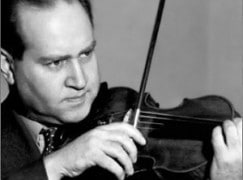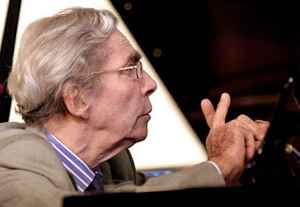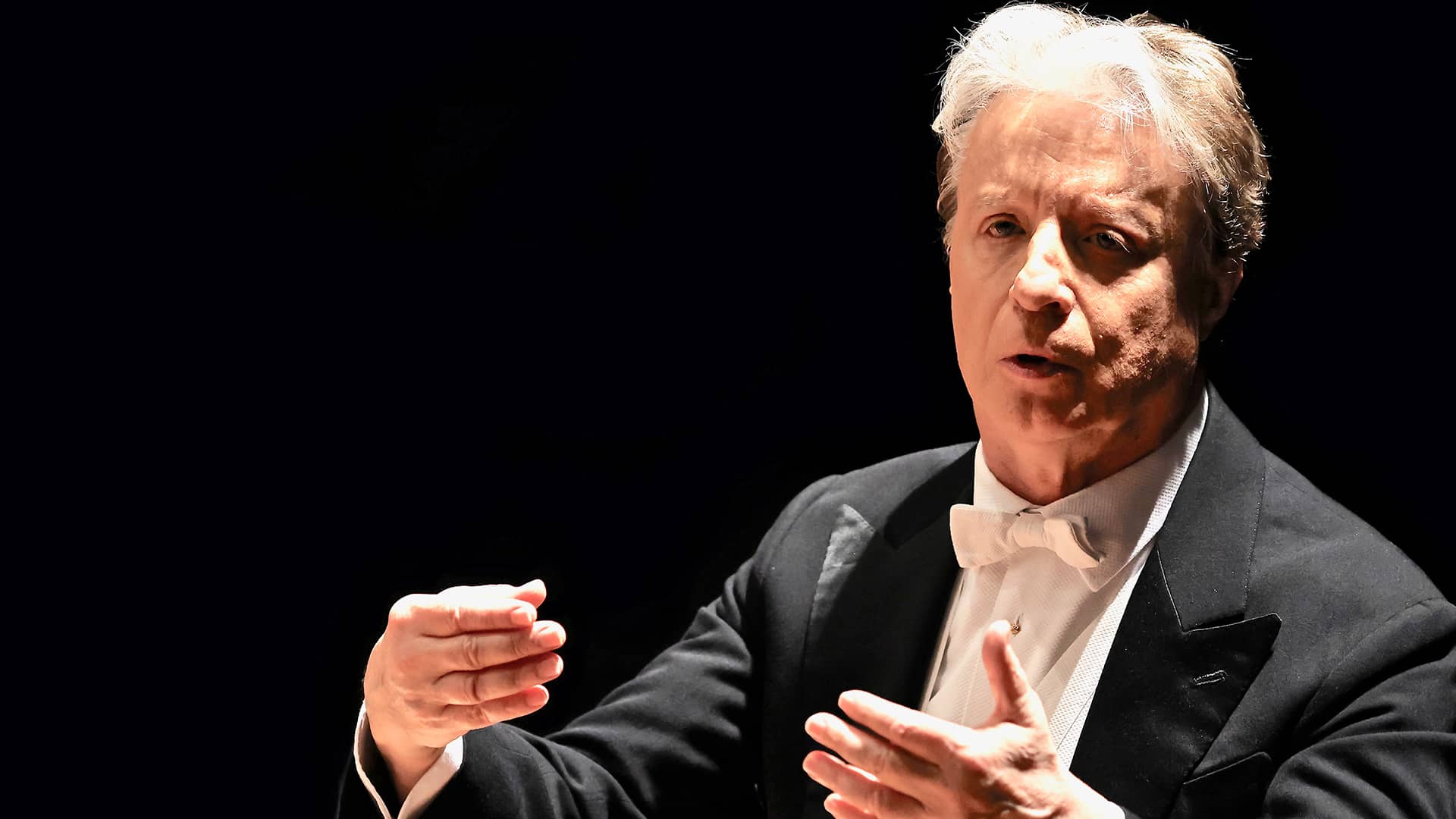Who is a Ukrainian musician?
Album Of The WeekWhen the penultimate print edition of The New Grove Dictionary of Music and Musicians appeared in 1995, I objected to the editors at their description of David Oistrakh as a ‘Ukrainian violinist’.
Oistrakh was born in Odessa in 1908. He was first considered Russian, then (in his identity papers) a Soviet citizen of Jewish origin. Never in his life was he defined as a ‘Ukrainian violinist’. He was, if anything, an Odessa violinist, one of a rich talent stream that rose from a multicultural port city to study in Moscow or Leningrad before they were let out onto the world stage.
Odessa was a brand name for violinists. Isaac Stern, born to Polish parents in San Francisco, said before his first trip to the USSR: ‘They send us their Odessa violinists, we send them ours’. In cultural terms, national borders never entered the equation.
After the breakup of the Soviet empire, we became more aware of regional affiliations, but they were often hybrid and confusing. Prokofiev, for instance, was born in the Donetsk Oblast. Does that make him, by any definition, a Ukrainian composer?
Sviatoslav Richter, born in Zhytomir and raised in Odessa, is also, technically speaking, a Ukrainian pianist. Likewise his Odessa compatriot and arch-rival Emil Gilels.
The Shostakovich family came from Belarus. Tchaikovsky was born in the Poltava region, in the middle of Ukraine. Rachmaninov was descended from Moldavians.
The more you look, the fewer musicians there are who can be identified as Russian, and the more who are Ukrainian or of other nations.
None of this is a nationalistic argument. A great artist belongs to the world, whatever the passport might say.
But in these terrible times, we have an overriding human duty to align ourselves with the victims of war crimes.
Today, we are all Ukrainian musicians.






Comments